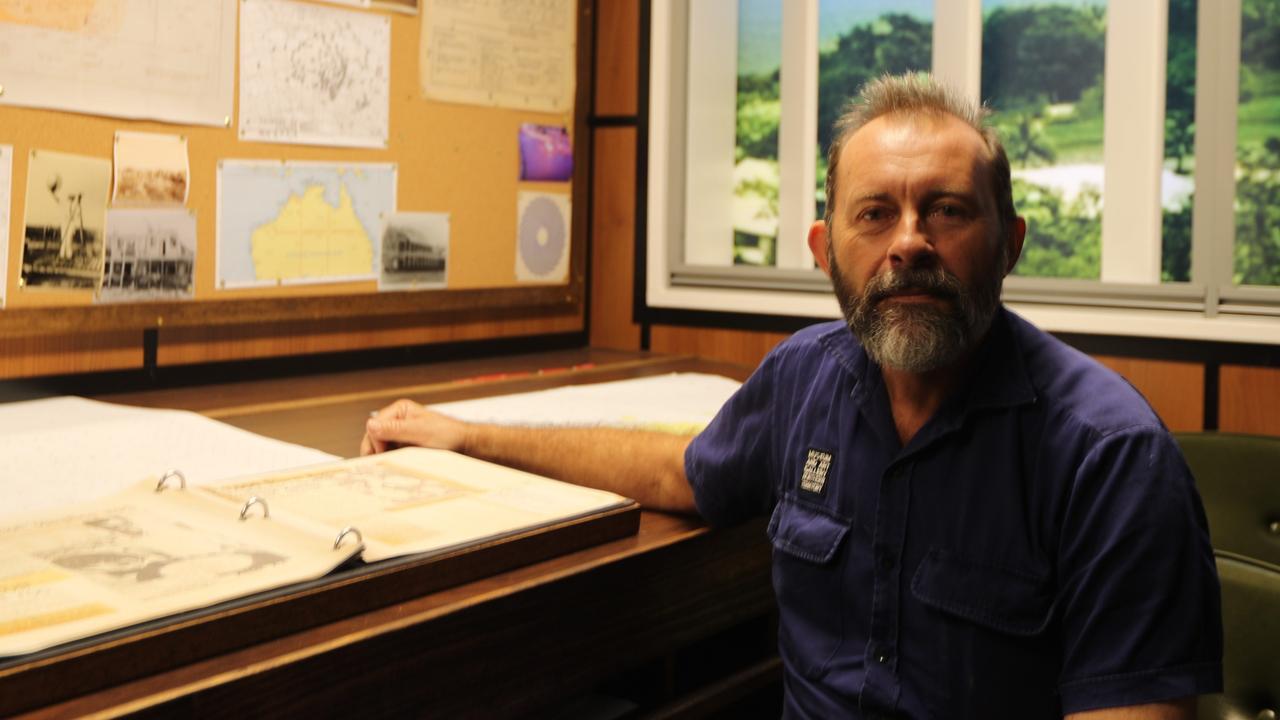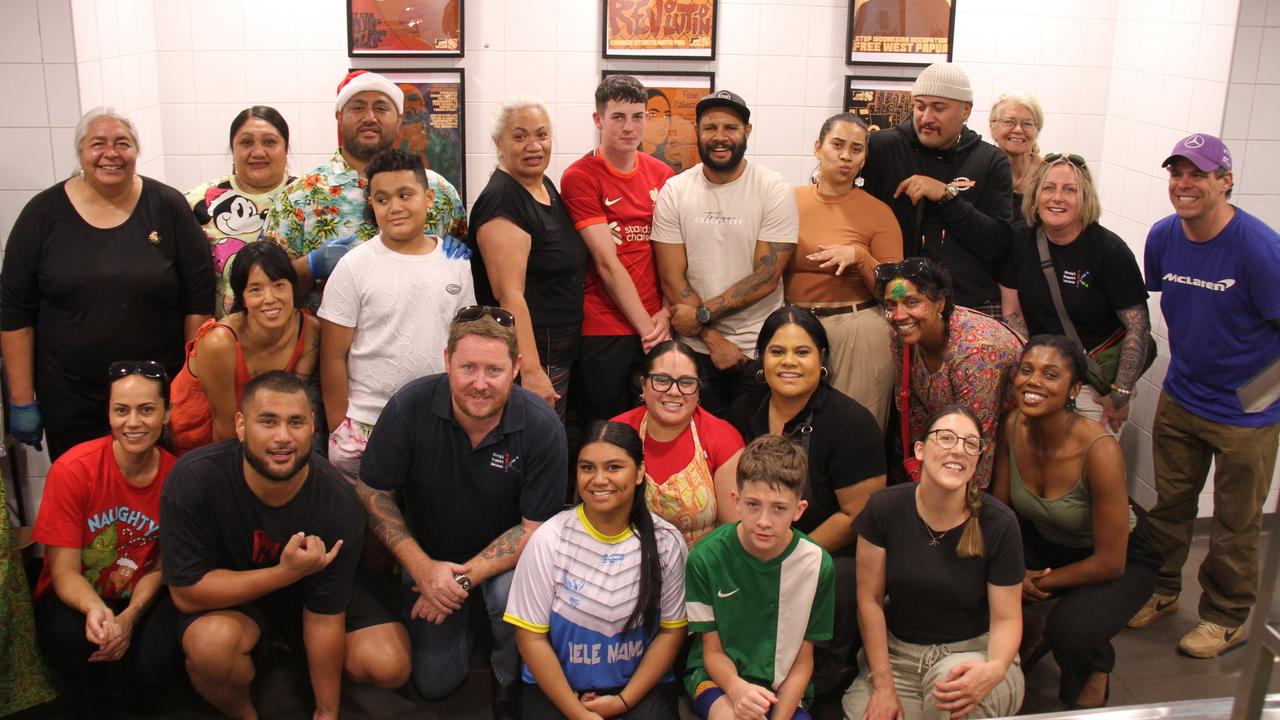‘Pretty much wiped from history’: Patricia Collins rights post-Tracy wrong with 2024 memoir
They were the only servicewomen who stood shoulder to shoulder with their male counterparts during Cyclone Tracy and its immediate aftermath, yet until now they’ve been ‘wiped from history’. A new book has changed that.
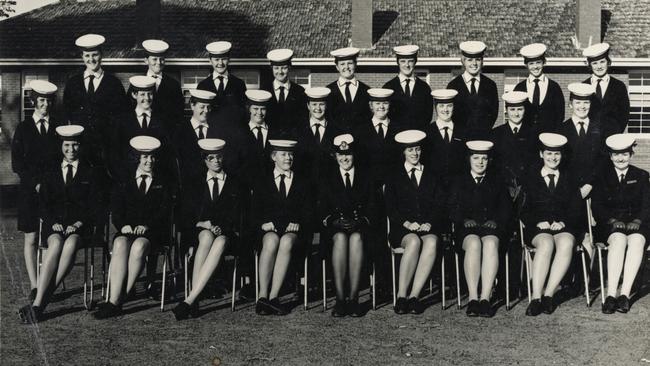
News
Don't miss out on the headlines from News. Followed categories will be added to My News.
They were the only corps of servicewomen who stood shoulder to shoulder with their male counterparts during Cyclone Tracy and its aftermath, yet until now they’ve been “wiped from history”.
That is according to author Patricia Collins, a redoubtable member of the now-defunct Women’s Royal Australian Naval Service (WRANS), whose recently released memoir, Rock and Tempest: Surviving Cyclone Tracy and its Aftermath, goes some way towards righting that historical wrong.
Collins says her mind was made up to write of WRANS’ contribution after reading books on the cyclone, and the Royal Australian Navy, and discovering what desultory treatment WRANS were given – just one or two buried paragraphs mentioning their presence at HMAS Coonawarra.
“We were pretty much wiped out from history,” Collins says.
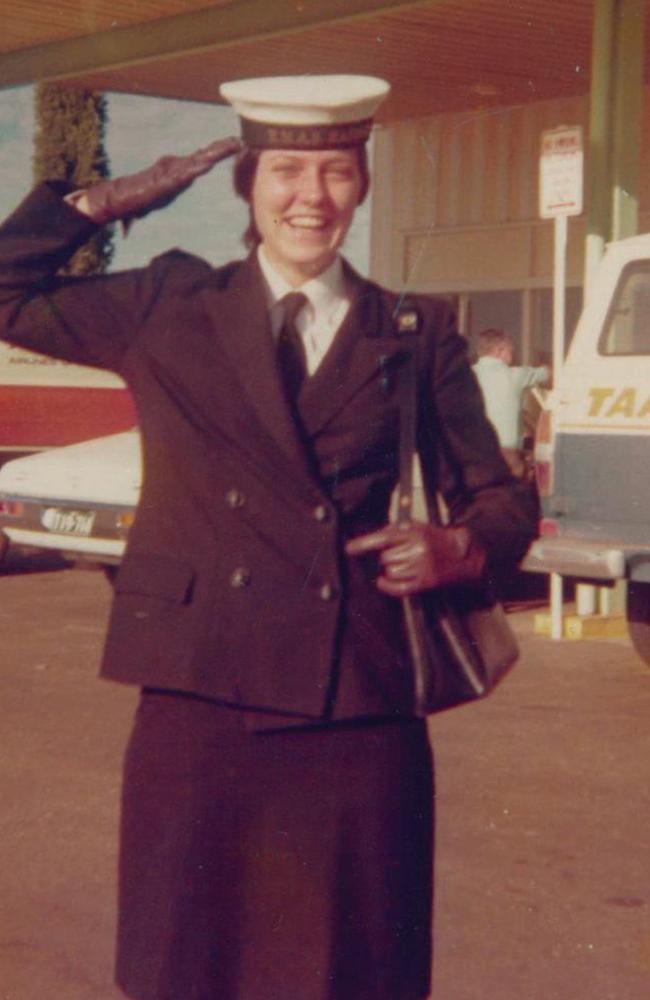
“There was nothing for us. Very few people even knew we were up there.
“But we were a part of history and we wanted something to pass down to our children and grandchildren.
“It came down to, if you really want something done, you have to do it yourself.”
Collins was halfway through her two-year posting to the Top End when Cyclone Tracy bore down on the tropical city, she says.
WRANS, which specialised in shore-based communications work including wireless telegraphy and signals intelligence, was the only women’s defence service where members were not automatically evacuated.
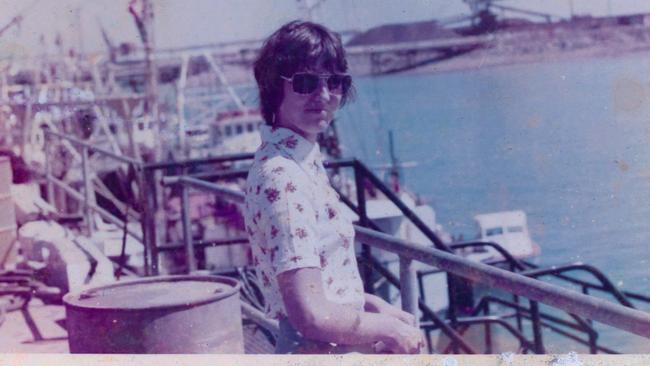
Collins says of the 90 or so WRANS servicewomen based in the Top End when Tracy struck, about 30 to 40 elected to stick it out – and it is they who are the heroes of Rock and Tempest.
Collins, who spent the first half of Tracy “on my own in a wardrobe” before making it down to the sailor’s mess alongside other servicemen and women during the eye of the storm, says it is in the cyclone’s aftermath that the WRANS had its moment of glory.
“Because our radio stations were both destroyed, and Shoal Bay (where the receiving station was ultimately moved) was still just a shell – most of us at Coonawarra were radio operators – we couldn’t do our normal work at all,” Collins says.
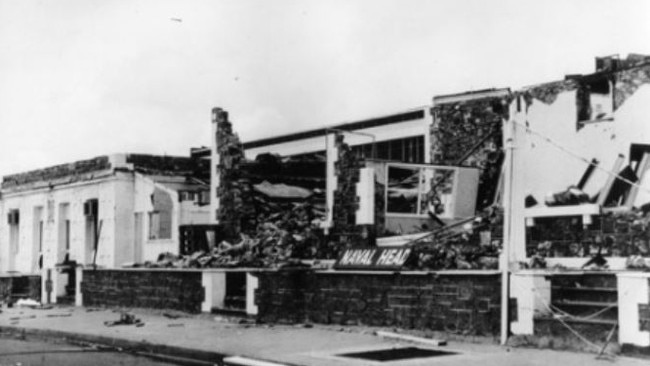
“So we got stuck into whatever necessary, grunt work, only wearing what we had on, because everyone had lost everything, and what wasn’t blown away was destroyed by mould.
“We had no PPE (personal protective equipment), no gloves, sunscreen, anything like that.
“Everyone had to have tetanus needles because of all the broken glass and aluminium roofing.”
The physical work was compounded by the pall of grief that settled over the Australian Navy – its losses had been especially severe.
HMAS Arrow sank under Stokes Hill Wharf with two souls lost; HMAS Attack ran aground at Doctor’s Gully.
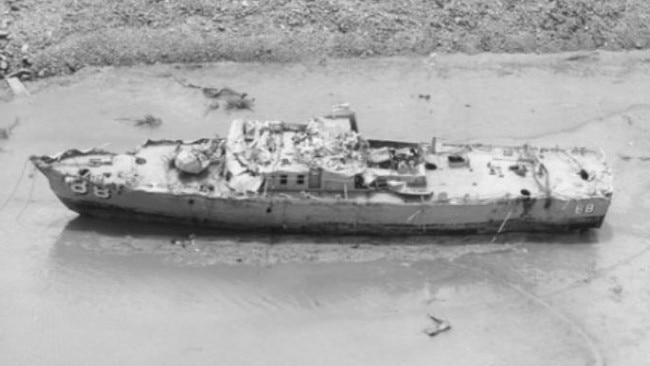
One sailor lost his wife and two children, another his youngest son. Many were injured.
Darwin Naval Headquarters was destroyed, as was 80 per cent of the patrol boat base and 90 per cent of the naval married quarters.
Yet, as recounted in Rock and Tempest, WRANS weathered the blows no different to their male counterparts.
“WRANS has never been the type to go in for that chest-thumping,” Collins says.
“We’ve always been quiet achievers, always just gone where we’ve needed to be.”
Rock and Tempest: Surviving Cyclone Tracy and its Aftermath, published by Hachette Australia, is out now
More Coverage
Originally published as ‘Pretty much wiped from history’: Patricia Collins rights post-Tracy wrong with 2024 memoir




